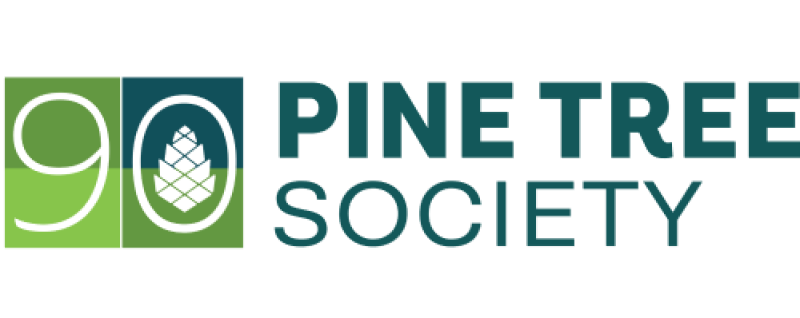The 2020/2021 school year is approaching and schools are preparing for multiple scenarios – one of which is distance learning. Pine Tree Society was able to jump in and support schools and their students with special needs during the spring shutdown. There’s no doubt about it, we learned a lot. Everyone did. We wanted to share our Top 10 distance learning takeaways through a series of blog posts over the next few days. Please know, we are here to support your school, your teachers and your students whatever comes this fall – distance learning, a hybrid model or in-person instruction.
Maura Nolin is the Director of Interpreting Services at Pine Tree Society where she and her staff provide interpreting and consultation to Deaf students and their teams; offering distance learning resources specific to Deaf learners to help the team provide effective instruction.
There’s a lot to consider when planning remote instruction for Deaf students. Pine Tree Society’s sign language interpreters are trained on video interpreting and have secure systems that meet the standards for HIPAA and education confidentiality.
Pine Tree Society’s relationship with the student, partnership with teams and expertise in video relay interpreting all contribute to the success of distance learning in school districts statewide. Interpreters are proficient at in-person and video interpreting and provide Teacher of the Deaf consultation services.
Maura offers these three tips to help make distance learning a success for Deaf students.
Tip #4
Share materials, lesson plans and lesson goals with the interpreter in advance of the lesson. This allows the interpreter to support the short and long-term goals of each assignment.
Tip #5
Do a test run on technology before the student is present. Video interpreting requires a stronger connection than video meetings that use spoken language. Hard wired connections are best.
Tip #6
Consider the strengths and learning style of the student and be creative and flexible. Remember, when the Deaf student isn’t looking at the screen they can’t “hear” what is being taught. Also, interpreters need to be able to hear all the conversations in the room.
Learn more about how Pine Tree Society can partner with your school to meet the needs of Deaf students. Contact Maura Nolin at 207-386-5971 or mnolin@pinetreesociety.org.
Top 10 Distance Learning Tips
Introduction: Distance Learning — Pine Tree Society’s Expertise
Tips 1 – 3: Distance Learning — Linda Bonnar, Director of Communication Pathways
Tips 4 – 6: Distance Learning — Maura Nolin, Director of Interpreting Services
Tips 7 – 9: Distance Learning — Karen McClure-Richard, Director of Early Learning Center
Tip 10: Distance Learning — Dawn Willard-Robinson, Director of Pine Tree Camp


